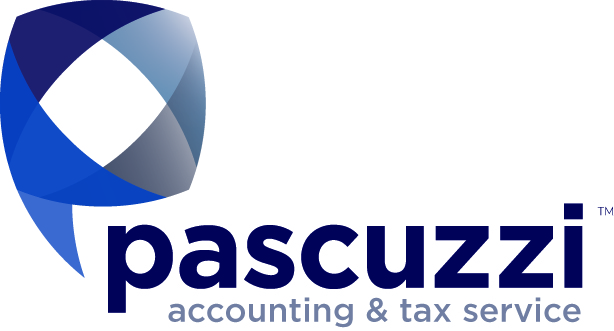The Affordable Care Act (ACA) has the potential to help millions of Americans secure health insurance. Many individuals are still confused about what the law does, how it will affect them and what tax credits and tax penalties they may face. Let’s have a look at what the ACA means for individuals and families.
5 Important Facts about the ACA
ü The ACA, passed in 2008, requires all Americans or legal residents to have health insurance or have a coverage exemption. The law created change in the health insurance industry by preventing insurers from dropping individuals or failing to provide coverage because of certain health conditions.
ü All health plans must provide minimum essential coverage. They also must offer preventative services at no cost.
ü The law does not make health insurance free, but it allows for tax credits that offset the cost for some individuals through a Premium Tax Credit.
ü Created under the law, the health insurance Marketplace opens for a limited time and offers health care options to most individuals. This includes individuals who already have health insurance and want to compare costs.
ü By 2016, businesses with 50 or more employees will be required to offer employee coverage options.
How the ACA Affects You and Your Family
You must have health insurance or have a coverage exemption, or you will pay a tax penalty. You can keep your current health insurance plan, but if it is not a qualifying health plan, you can expect a penalty on your 2014 tax return. If certain services are excluded from your current insurance plan, research the minimum essential coverage that you must have to avoid a penalty on your taxes. For families with children, dependents can remain on their parents’ health insurance until age 26. Individuals can purchase health insurance even if they may have preexisting health conditions. If you have private insurance and are switching to Marketplace insurance, you can check with your in-network doctor to make sure that Marketplace insurance is accepted.
The Marketplace offers competitive pricing on insurance plans. Plan options can be viewed at www.healthcare.gov. Enrollment in Marketplace insurance opens once a year. For the 2014 tax year, the Marketplace will be open until February 15, 2015. The deadline is extended for individuals who encounter a life change, such as marriage or the birth of a child. If you are enrolled in Marketplace insurance and encounter a life change during the year, such as an increase or decrease in income, you must report this change in the Marketplace. Your Premium Tax Credit will be adjusted accordingly.
Only individuals who obtain coverage through the Marketplace are eligible for the Code Sec. 36B Premium Tax Credit. The U.S. Department of Health and Human Services (HHS) has reported that more than two-thirds of Marketplace enrollees are eligible for the credit and many enrollees have received advance payment of the credit.
All advance payments of the credit must be reconciled on the new IRS Tax Form 8962, which will be filed with the taxpayer’s income tax return. Taxpayers are required to calculate the actual credit they qualified for based on their actual 2014 income. If the actual premium tax credit is larger than the sum of advance payments made during the year, the individual will be entitled to an additional tax credit amount. If the actual credit is smaller than the sum of the advance payments, the individual’s refund will be reduced or the amount of tax owed will be increased, subject to a sliding scale of income-based repayment caps. Certain individuals that previously were not required to file a tax return due to their income will be required to do so, due to the Premium Tax Credit reconciliation.
The complications of the Affordable Care Act and the resulting Premium Tax Credit will be a challenge for many Americans as they find themselves seeking help to accurately prepare their 2014 tax returns.
Paul J Pascuzzi is an Enrolled Agent - a federally licensed tax practitioner who specializes in taxation. A local independent tax professional that’s proud to serving the Warren area since 1978.

